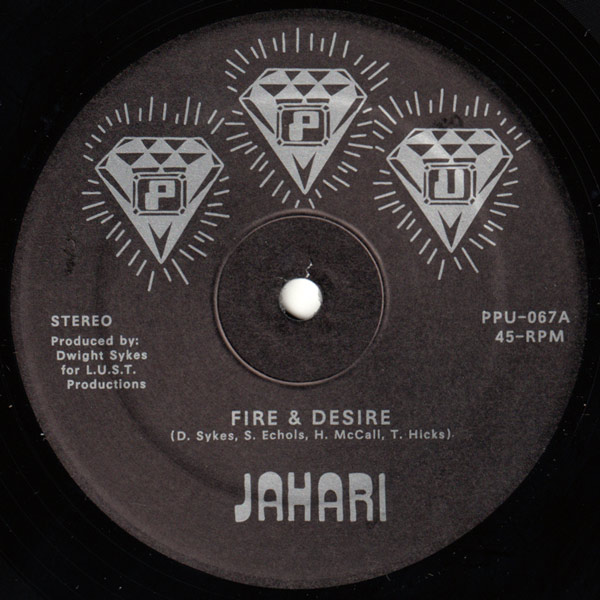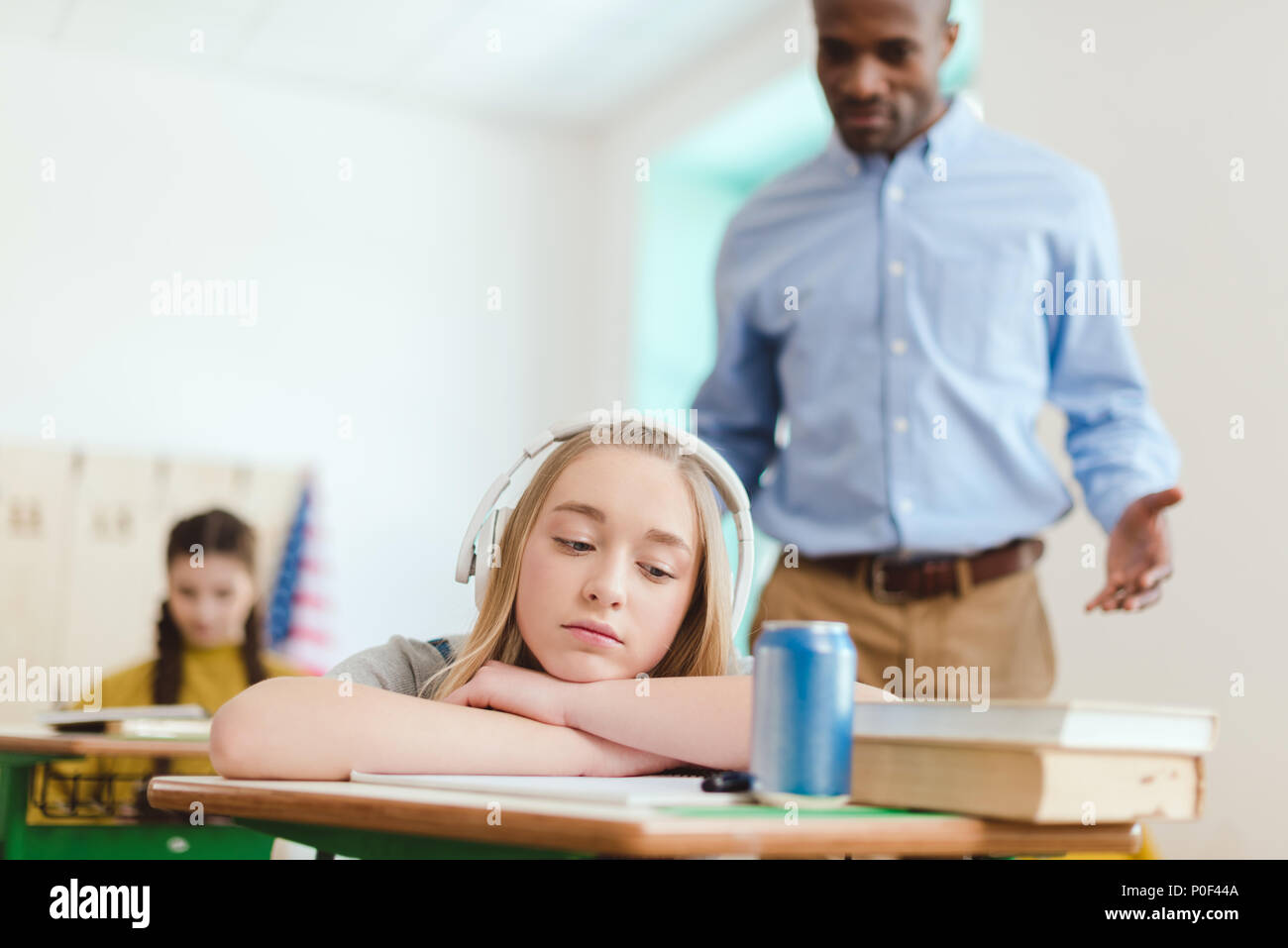- Teacher Listening To Students
- Teacher Listening Skills
- Free Listening Music On Youtube
- Listening Music Teacher Job
- Listening Music Teacher Jobs
- Listening Music Teachers
The Teacher's Corner provides music lessons around colors, literature, and more. Find resources to help your students hit the right note. Your creativity and ideas can help other teachers. Submit your music lesson plan or activity today. Don't forget to include additional resources, documents or a photo. Oct 24, 2018 - Explore iTeach Music's board 'Listening', followed by 109 people on Pinterest. See more ideas about elementary music, music classroom, teaching music.
Get in on
Give it up
Come on give it all you got
--AC/DC
If someone were crazy enough to let me run a school and I had the privilege of interviewing teachers, my first question would be, 'What's your passion?' I almost stood and applauded when I heard Bruce Coville, children's author, croon those exact words. My smile went ear to ear. It was something deep down inside that said, 'Thank you, Bruce.' Passionate people move me. The energy, the excitement, and the love push me to become a better human.
'What's your passion?' Imagine that in an interview. Would you be afraid to answer? Could you answer? Did your college training prepare you for that question? When teachers are separated from curriculum development you remove the 'thinking from implementation and the model of the teacher becomes that of a technician or white-collar clerk.' (Henry Giroux) If 'experts' continue to bash the humanity out of teaching, how on Earth will teachers teach? The dead honest truth is that inspiring people in the world, the best teachers out there really, are passionate about life. And no matter what the topic, they move people to better themselves in some way.
Edward Berman states that current reformists have 'dropped the rhetoric about school as a vehicle for personal betterment.' If we're not inspiring kids to search for their own truth why are we teaching?
Teacher Listening To Students
This is a call for all teachers to bring the heart and soul back to the classroom. However, to do so they must first answer a very difficult question, 'a moral as well as a practical question,' posted by the most famous critical gunslinger out there, Alfie Kohn: Will teachers 'treat students the way they, themselves, are being treated . . . or the way they wish they were being treated?'
Music in the Classroom
I've been listening to music for most of my life and playing it for quite some time. It's my best friend, my co-pilot, and my bedtime story. It's always there to shake up my bones or serenade me into sleepy daze. Music pumps feelings through my veins and clicks the switch on the mind's eye's projector. It conjures up images of people, scenes, landscape, and, if the tune is really rockin', transports me to far away places. As a kid, I was always up on that stage with Gene Simmons breathing fire and spitting blood or rolling around on two Jaguars (cars) in that White Snake video (come on, you did too). It's just the way I'm wired. Music always helps me to visualize and dream big.
My ten years of teaching have taught me many things about how kids interact with music. Some of my lessons failed miserably because of one major flaw: the wrong music. I've done the leg work for ya' so listen closely.

Tip #1 If you are using music for a lesson it almost always has to be instrumental unless you are directly engaging the lyrics. Little guys and gals just can't get over the artist's voice. I've asked them many times and the most common answer of all is... 'It sounds funny.' Hey, kids are kids.
Tip #2 Meet them half way. You can't put on some dusty old music and expect them to pump their fists and bob their heads. Classical music is awesome, but the kids need a variety of instrumental music to keep them interested. I've discovered some awesome artists searching for rockin' instrumentals. Here's a short list to get you started.
- Tea Leaf Green --The Jam Band
- Tim Reynolds -- The Guitar Genius
- Caryn Lin -- Electric Violin
- Bela Fleck and the Flecktones -- Grassroots
Or, by all means, write and record your own.
You've got the music, now rock the lesson
I begin this lesson by showing John Williams and his musicians performing the Jaws theme in the studio (from my extended version of Jaws, of course). Watching a composer lead his orchestra while the movie plays on a huge screen is completely magical. Music tells so many stories. It's quite a gift to be able to write the musical story that matches the passion and energy of the actors all while enhancing the themes and the feelings of the scene. Just amazing. I want my students to use their mind's eye so I reverse the roles. Instead of writing music to the story, I want my students to write a story, a thought, a scene, or a list to the music. I usually spin six to eight partial tunes (about a minute) during each session. This takes practice and patience so if you get blank stares at first don't stress. Be happy, you're listening to music, remember?

In the end, your students will have a list of story nuggets or seeds or whatever you choose to call them. You will have fed the musical spirits, opened the eyes of the nonmusical, and perhaps even kindled a flame.

By NAfME Member Joseph Rutkowski
The older I get, the more I am convinced that music is the most important subject kids should learn in school as performers and consumers. Why is it that Bach, Mozart, Beethoven, Louis Armstrong, Miles Davis, the Beatles are as relevant (actually more so) today as (than) they were in their day? Any child who is not exposed to performing and listening to the music created by these and all the other geniuses will be so sadly shortchanged!
What makes the subject of music so powerful and so vital is the dual significance it holds:
- The musician spends vast amount of time alone preparing her/his skills
- The musician depends on other persons (musicians and/or listeners) to complete the musical experience, which is a communal event
Teacher Listening Skills
I feel fortunate to have been born into a musical family, attend public schools that valued music education, receive a conservatory education and spend 8 years after college in a performance career before settling down into a full time teaching position. During the 12 years before I began teaching, I was able to learn from great musicians, many who are no longer living: Eric Simon, William Kroll, Carl Bamberger, Leonard Bernstein, Mstislav Rostropovich, Maurice Andre, Marcel Moyse, David Glazer, Winifred Cecil, Harold Wright, Carol Glenn, David Weber, Claus Adam, Samuel Baron.
When I was a student at the Mannes College, the German violinist William Kroll told us how when he was our age (a teenager), he played with musicians who had played with Johannes Brahms himself when they were teenagers. I think about this when I work on music by Brahms with my current students.
And I am very fortunate to have spent the past 32 years teaching in two different high schools where the administration highly values music education: Stuyvesant High School in NYC and the John L. Miller-Great Neck North High School.
But what I feel most blessed by is the fact that I still perform with other professional musicians, with my students, with my own children (now adults pursuing careers outside of music), and–most incredibly–with former students, who now are thriving as concert or jazz musicians! When my current students attend these performances, they see their teacher practicing what he preaches. They also see a good many of my former students in the audience. Those are the students who are probably not continuing to practice and play their instruments, but do attend live concerts to see their former classmates whom they recall sitting next to in their teenage years.
I begin my day practicing my clarinet for the half hour before the students arrive. They find it amusing to see this old guy still practicing.
When they ask me why I still practice, I quote the great cellist Pablo Casals at the age of 96: “I believe that I am beginning to make progress…”
In the five classes I teach, we start with a warm up routine that includes long tones, scales, articulation/bowing exercises, ear-training, singing, sight reading, conducting, self- and peer-evaluation and dropping the needle (tuning into the classical radio station to guess the period of history of the piece that is being broadcast). Then we delve into rehearsing whatever great piece we are preparing for concert performance or simply our own study (we spend the first 9 weeks of school studying, rehearsing and reading through each of Beethoven’s symphonies).
After school, I invite all of my 155 students to play through the music we rehearse that day. 30-50 students voluntarily attend on the average day.
On Fridays, we usually have close to 100. Some students attend after school sessions several times each week. These are the most dedicated students who are the role models. These are the ones who attend concerts in NYC, including my own. These are the students who I know will keep the music alive.
I hope that all my students continue to practice and play their instruments with others, but if most of them wind up going to live concerts, they will be helping to keep Bach, Mozart, Beethoven, Louis Armstrong, Miles Davis, the Beatles are as relevant as they are today.
Free Listening Music On Youtube
About the author:
Listening Music Teacher Job
Joseph Rutkowski has taught band and orchestra classes at the John L. Miller-Great Neck North High School on Long Island since 1991 and was the orchestra director at Stuyvesant High School in NYC for the eight years prior. He continues to perform as a concert clarinetist in orchestras and chamber ensembles, as well as a jazz pianist with his sons and former students. Joseph is a two-time Presidential Scholar Teacher, a Distinguished Teacher of the Harvard Club of Long Island, and a two-time GRAMMY Music Educator AwardTM Quarterfinalist.
Listening Music Teacher Jobs

Did this blog spur new ideas for your music program? Share them on Amplify! Interested in reprinting this article? Please review the reprint guidelines.
The National Association for Music Education (NAfME) provides a number of forums for the sharing of information and opinion, including blogs and postings on our website, articles and columns in our magazines and journals, and postings to our Amplify member portal. Unless specifically noted, the views expressed in these media do not necessarily represent the policy or views of the Association, its officers, or its employees.
Listening Music Teachers
Kristen Rencher, Marketing Manager. © National Association for Music Education (NAfME.org)
